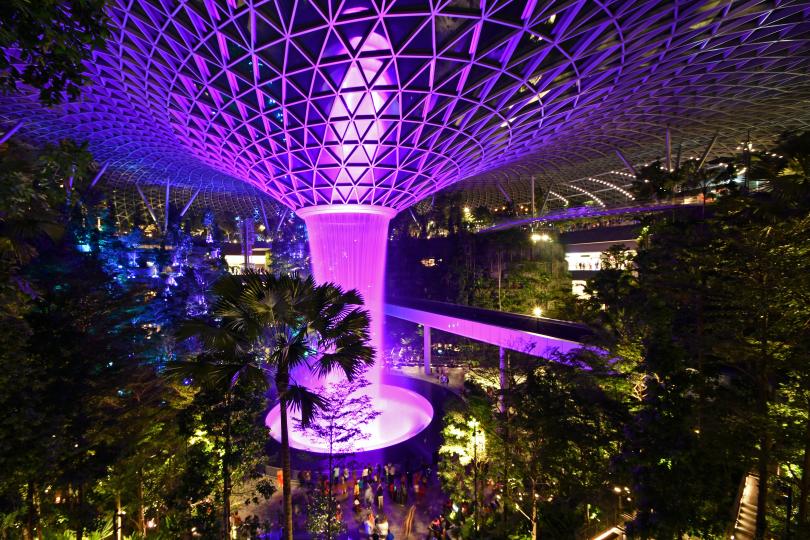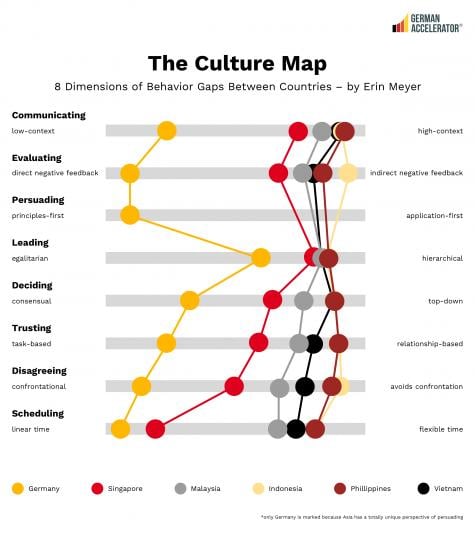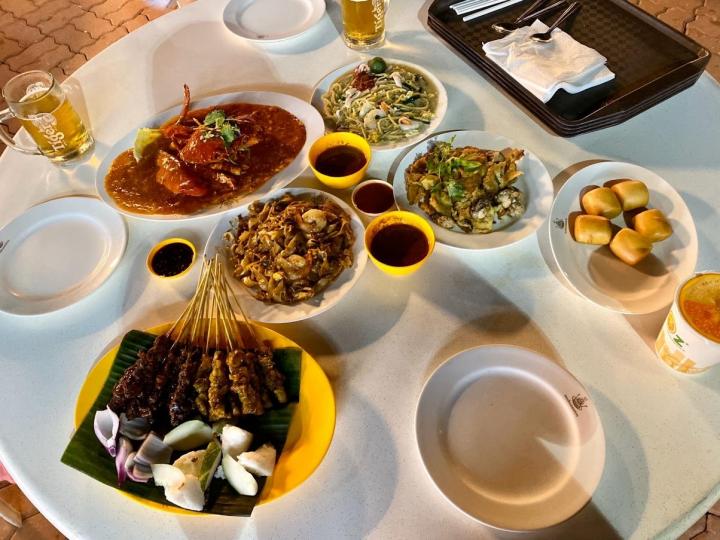Today we are sharing some of the insights he gained from his trip and are inviting you to explore the secrets of Southeast Asia together with us.
“Good to be back!” is my first thought when entering the shiny arrival hall and breathing the typical scent of Changi while directly approaching Jewel, the one-of-a-kind waterfall experience inside Singapore’s high tech airport, and right before the glass doors are opening for the humid 32°C air to hit me.
That Singapore’s Changi has been awarded the World's Best Airport by Skytrax for the eighth time running is not surprising at all when looking at what this city state has accomplished over the past 55 years of independence. Singapore is regularly ranked as one of the happiest, safest, least corrupt and most innovative countries with one of the best infrastructures, educational systems and public health care systems in the world - just to name a few. Let’s get back to that later on though and focus on the professional side of things for a minute.

Namely, Singapore being home not only to one of the happiest populations in the world, but also to German Accelerator Southeast Asia, an initiative of the German government that supports high-potential German startups in successfully entering the U.S. and Southeast Asian markets. Via their programs, German startups get introduced to the vibrant ecosystems of the Silicon Valley, New York City, Singapore and more. The program is supported by the German Federal Ministry for Economic Affairs and Energy, has partnerships with institutions like bitkom, Bundesverband Deutsche Startups and GTAI and has contributed to the international expansion of well known companies such as N26 and Celonis.
For us at Expatrio, the main motivation to participate in the program was stemming from our desire to better understand not only the Singaporean, but the whole Southeast Asian market - or rather all the individual markets (Southeast Asia is everything but homogeneous). Driven by an urge to get closer to our customers and partners in the region, we saw an opportunity to learn more about the unique characteristics of each market which will help us enhance our product-market fit to offer bespoke solutions for each country, each profession and each age.
Among the markets Expatrio is offering solutions in, Southeast Asia plays a special role. It is a steadily growing region both in terms of population and business activity. Although foreign companies often struggle with adjusting to local cultures and habits, the different demographic structures of Germany as compared to many Southeast Asian countries offer a great opportunity for cooperation. Southeast Asia has an excess of young and highly qualified professionals who are becoming more mobile due to globalization and partly desire to go overseas for scientific exchanges or work. At the same time, Germany is suffering from a shortage of skilled workers and hence tries to attract international talent by offering many opportunities for academic and professional growth. The successful relocation of Asian professionals creates a win-win situation for both parties and offers an opportunity for Expatrio to help solving international labor market issues.





